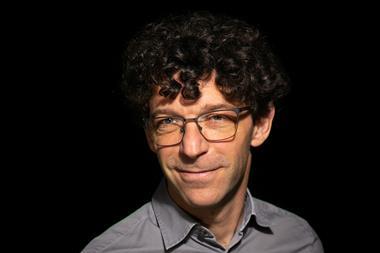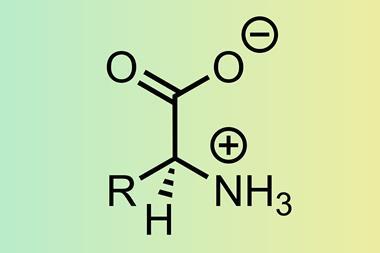An analytical chemist at Japan’s National Institute of Advanced Industrial Science and Technology (AIST) has had at least 13 papers retracted after an extensive investigation revealed widespread scientific misconduct in his research.
Naohiro Kameta is a senior principal researcher at the Nanomaterials Research Institute based on AIST’s Ibaraki campus where he has worked for a number of years developing interfacial nanomaterials based on supramolecular and colloidal chemistry.
According to a translation of the investigation, AIST was initially contacted on 24 November 2022 regarding suspected falsification of figures in a paper. The preliminary investigating committee initially examined five of Kameta’s papers but, in light of the fact he had been publishing for many years, decided to carry out a wider investigation of 61 papers published between 2005 and 2022 in which he was the first or corresponding author.
Overall, they found specific misconduct in the form of fabrication and falsification in 42 papers, with inappropriate authorship in a further two. Fraudulent acts identified included showing scale bars in figures as longer or shorter than they actually were and cutting out a portion of an electron micrograph and passing it off as a different structure.
Following a comprehensive set of interviews with Kameta and his co-authors it was concluded that Kameta was solely responsible for the research misconduct.
The investigating committee recommended that Kameta and his co-authors ask the publishers to retract all 42 papers in which specific misconduct was found to have been committed.
According to Retraction Watch, 13 of the 42 papers have been retracted so far. In one of these, published in the Royal Society of Chemistry’s journal Chemical Communications and retracted on 3 October, the authors state that they retracted the article ‘due to the fact that the paper has wrong electron microscopy images’ in five of the paper’s figures. In one of the figures there was an ‘incorrect image’ which also included ‘a serious error with the scale bar length, which was approximately 1.7 times shorter than the actual’.
‘The authors respectfully retract this paper, because these events were determined to amount to scientific misconduct and the retraction of this paper was recommended by AIST,’ Kameta and his co-author Hidenobu Shiroishi wrote in the retraction notice. ‘AIST verified that the first author [Kameta ] was responsible for the misconduct and the other co-author was not engaged in the misconduct.’
AIST’s investigation report also details the expenses and research projects in which the misconduct occurred, highlighting that Kameta received numerous grants from the Japan Society for the Promotion of Science between 2010 and 2022 totalling almost ¥33 million (£168,663). The Japan Society for the Promotion of Science has since demanded the return of the funding.
According to Retraction Watch, Kameta has been dismissed from his role at AIST.

















No comments yet